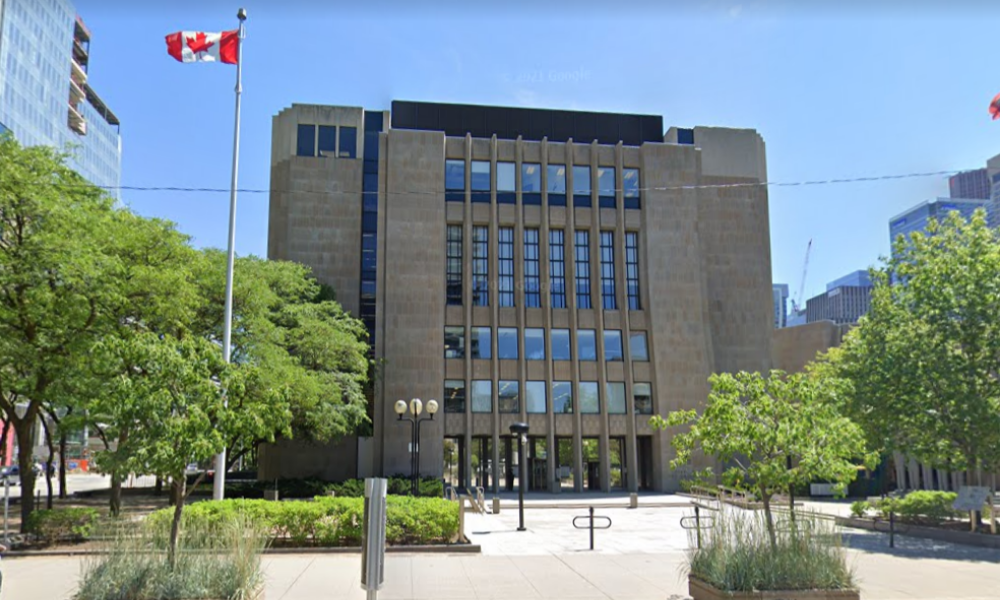The status of Limitations Act suspensions


We have now passed the two-year mark of the COVID-19 pandemic and things are returning to “normal”. Few will soon forget the early days of the pandemic, when the world came to a crashing halt with the goal of “stopping the spread”.
This manifested itself in many ways: businesses closed their doors or transitioned to remote operations (bringing a new set of concerns), schools moved online, and the businesses that could not go remote set up new, COVID-19 mitigating operations. The world went dark and everyone waited for the lights to come back on.
One area which did not stop was the legal system. While courthouses closed with the promise that matters would soon move online, the clock did not stop running — limitation periods continued to accrue.
To the legal community it became apparent: something needed to be done to address this closure as it impacted limitation periods. If not, limitation periods would continue while everything was closed. This could mean that an individual’s right to bring a claim could pass without the individual having any means to do so. Luckily, the government of Ontario stepped in and took steps to address the matter by suspending limitation periods between March and September, 2020.
While the long-term impacts of the pandemic (and COVID-19) continue to emerge, the impact of the covernment’s actions regarding limitation periods appear to have been clarified by the courts.
The limitation period and suspension
A limitation period is a fixed period of time during which a matter may be addressed via litigation. It sets a deadline by which a claim must be filed — after this point, an individual can only proceed with an action in exceptional circumstances. From an employment law perspective, this allows an employer to be aware of the period of time that an employee may bring a claim for wrongful dismissal and plan accordingly.
In Ontario, the limitation period is set out in the Limitations Act, 2002. The act establishes a general two-year limitation period, commencing from the date the matter was discovered. In a dismissal, this is typically two years from the date an individual’s employment was terminated.
To address the potential for limitations to lapse during the period of the court’s closure, in March 2020 the government of Ontario enacted O Reg 73/20, which suspended all limitation periods, retroactive to March 16, 2020.
The regulation remained in force until Sept. 14, 2020, when it was repealed by the passage of O Reg 457/20. By September 2020, a number of the court’s services had transitioned online and things could proceed in a sense of normality.
The outstanding question became whether this period during which the limitation periods were suspended ended with the repeal, or if it was added to the end of the two-year limitation period in the act.
The courts weigh in
The first attempt at locating an answer was in November 2020 in Attorney General for Ontario v. Persons Unknown, 2020 ONSC 6974. Here, the parties went before the court seeking a declaration from the court answering this question.
The court refused to make this declaration, indicating that making this declaration was outside its authority. The question remained unanswered.
The next development came in December 2020. Every legal professional in Ontario is required to carry liability insurance, offered and managed through the Lawyers’ Professional Indemnity Corporation (LawPro). In a Dec. 21, 2020 article, LawPro advised as to its position on the suspension: “The lifting of the suspension means that the clock restarted on September 14, 2020 and as of that date lawyers have same time to meet deadlines as there had been on March 16, 2020.”
This was the first indication that the suspension would be added to the end of the limitation period in the act, and not left behind by the repeal.
The court has since applied the same logic as LawPro. Notably, the court appears to treat the matter as settled, without citing any authority, and as a matter of math in calculating dates:
In Zimmerman v. McNaull, 2021 ONSC 3436, released May 11, 2021, the court noted:
“On March 20, 2020 the Ontario government made an order under s. 7.1(2) of the Emergency Management and Civil Protection Act, R.S.O. 1990, c. E.9, specifically Reg. 73/20, which suspended all limitation periods under any statute, regulation, rule, by-law or order of the Government of Ontario, retroactive to March 16, 2020. The regulation was in force until September 14, 2020, which means all limitation periods subject to the regulation were extended by roughly six months.”
In McAuley v. Canada Post Corporation, 2021 ONSC 4528, released June 25, 2021, the court noted: “It appears clear to me that any limitation period that otherwise would have run between March 16, 2020 and September 14, 2020 was suspended during that period. Those days do not get counted in the calculation of the limitation period.”
In David Westlake v. 1160145 Ontario Inc, 2022 ONSC 220, released Jan. 14, 2022, the court noted: “The suspension was in force for 183 days, and in the circumstances of this case extended the limitation period by 183 days.”
Takeaways
To date, there has been no specific ruling on the applicability of the suspension. Instead, several decisions have emerged in which the court treats the subject as resolved. Despite these decisions, this matter cannot be treated as settled law without a definitive ruling on the continued applicability of the suspension. The potential continues to exist that a lawyer will make a clever argument for the suspension to have been left in September 2020 with the repeal of O Reg 73/20.
If you are an employer faced with a legal action, you may have a limitations defence. If the plaintiff runs out of time to file their claim, they likely won’t have a leg to stand on.
If you are an employee and would like to pursue a claim against your employer, know that the regular two-year limitation may not be applicable to your situation and you may have some more time. However, you should still seek legal advice in a timely manner to ensure that your claim is not time-barred. Otherwise, you could lose your right to sue.




